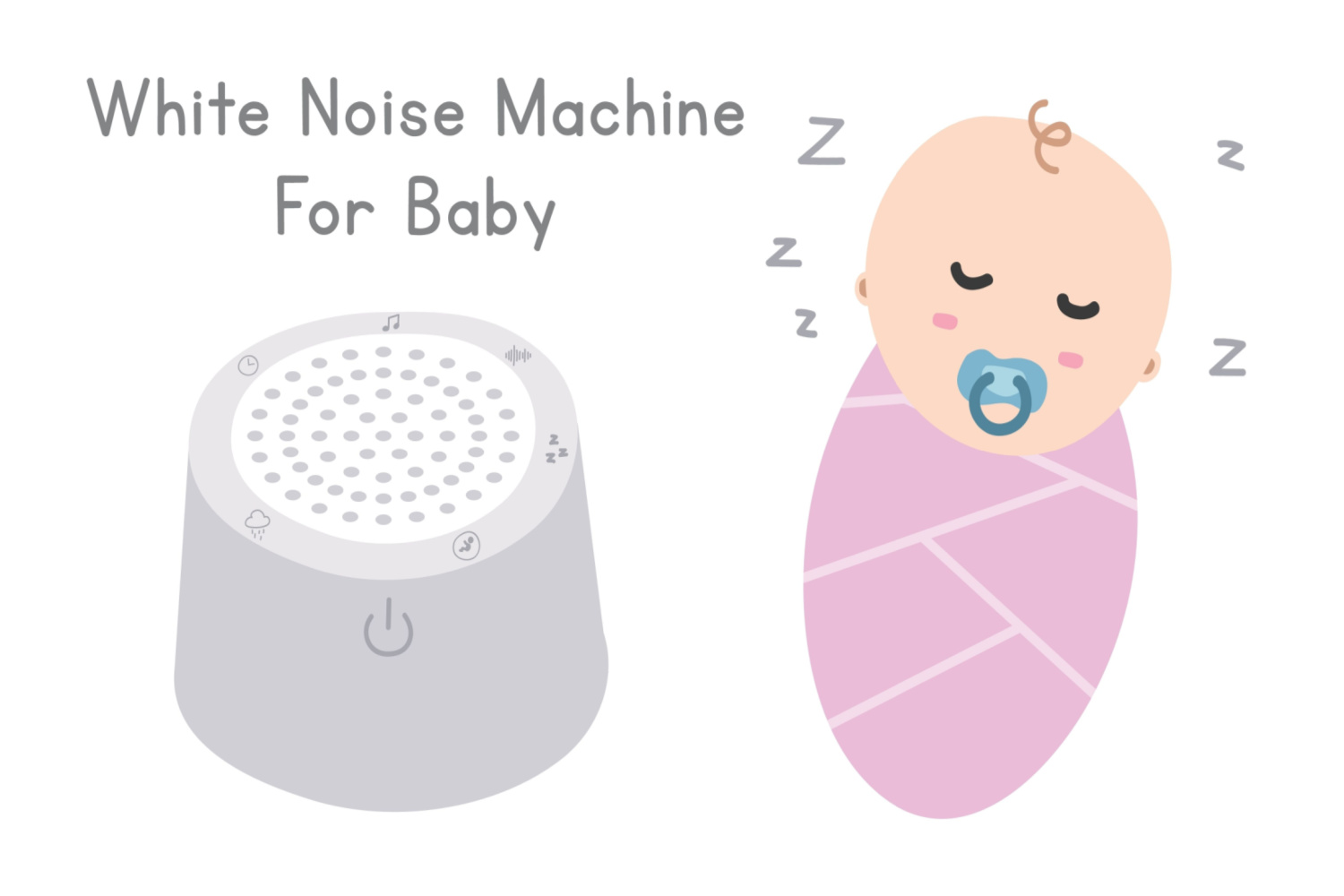
8 Benefits of Having an Undisturbed First Hour After Birth
5 min readWritten by Editorial Team


Birthing a baby is an exceptional task. After 9 months of patience, you get to see your little one. As your baby gets born, the transition for her from the womb to this world needs to be smooth as well. A baby needs utmost care and nurturing immediately after birth, and how she is handled at this delicate phase has both short and long term effects.
As is common, a baby after being born is taken away for routine procedures like cleaning, weighing, some tests etc., but actually, unless the mother or the baby need urgent medical attention, these routine procedures can be carried slightly later. These procedures do not in any way relate to the baby’s or the mother’s well being, and hence it is best to delay them by an hour, when all that a baby needs is her mother’s skin to skin contact.
In This Article
- Top 8 Benefits of an Undisturbed First Hour After Birth
- How Can I Plan For An Undisturbed First Hour After Birth?
Top 8 Benefits of an Undisturbed First Hour After Birth
After a baby is born, she is placed tummy down on her mother’s stomach and a blanket is placed over them to keep them warm. This helps the production of adrenaline to slow down, and boosts the production of oxytocin and prolactin.
At this time, all that a baby needs is her mother, while the mother needs some peace and quiet. This first mother-baby hour is significant for successful breastfeeding and bonding, and is a beautiful way to release feelings.
The mother is still to expel the placenta and the membranes, and is very much in labor. The uterus has not yet begun to contract and this first undisturbed hour after birth makes a mother feel complete and positive, forgetting the pain.
Let us know the 8 important reasons why the mother and the baby should be left undisturbed for the first hour after birth.
1. Baby Leads Breastfeeding

When the baby is placed tummy down on her mother’s stomach, just like other mammals, the baby naturally tries to reach for the mother’s nipple and suck effortlessly.
Known as ‘breast crawl’, this phenomenon was first observed by Swedish scientists in 1980’s and it was observed that in the absence of any of any medicines, babies have a natural tendency to find and latch onto mothers’ nipples.
[Read : Sucking Reflex in Babies]
2. Helps Baby Breathe Gradually
Since a baby gets her supply of oxygen from the placenta, when the baby is left with the mother after the birth, the clamping of the umbilical cord can be delayed. This helps the baby to get oxygen through the placenta while her lungs still adjust to breathe.
Delayed cord clamping also has other benefits like reducing the risk of anemia. However, delayed cord clamping may not be possible in all cases, especially during C-sections. It depends on your unique situation and your doctor’s judgement.
3. Expulsion of the Placenta
Unless there is some medical constraint, or the mother does not wish to breastfeed, it is important that breastfeeding happens as soon as the baby gets born. Breastfeeding in the first hour after birth helps in the expulsion of placenta and membranes which are still inside your body. It also decreases the risk of postpartum hemorrhage by pushing the placenta out naturally.
4. Body Temperature Regulation
When left skin to skin with the mother, newborns are better able to adjust their body temperatures. Because newborns do not have the ability to regulate their body temperature, being skin to skin with the mother enables babies to adjust to the new temperatures without losing too much heat.
[Read : Skin-to-Skin Contact With Your Newborn]
5. Reduces Risk of Hypoglycemia
Babies are born with certain stores of energy, and when they are left undisturbed with the mother for the first hour, they tend to produce glucose from their bodies until they start to feed well. Thus, the risk of low blood sugar levels or hypoglycemia comes down.
6. Promotes Mother Baby Bonding

Babies are born with a natural instinct of being safe with the mother. As soon as a baby is born, she is able to recognize her mother through her scent, touch and voice. When the baby is placed skin to skin with the mother, she is able to feel the warmth and nourishment that only a mother can provide.
If the baby is not under the influence of any medication, she would feel her mother closely. However, when babies are separated from their mothers, they tend to protest, and of not reunited, they go silent and distressed. Promoting a healthy mother baby bonding is the key to a healthy baby.
[Read : Bonding With Your Baby]
7. Boosts Immunity
Inside the womb, babies are almost in a sterile environments and their bodies do not understand good bacteria from bad. When placed skin to skin, a baby gets exposed to her mother’s bacteria which initiates their own immunity system. Babies born vaginally are exposed to their mother’s bacteria in the birth canal, but babies born through a C-section can have better immunity if they are left skin to skin with their mothers.
8. Better Success Rates With Breastfeeding
Early skin to skin contact helps both the mother and baby adjust to breastfeeding easily. Because the baby is left undisturbed, she follows her natural instinct to search for the mother’s nipples. Also, mothers face fewer issues because the baby will try to latch herself without any external help. This factors forms a crucial condition for successful breastfeeding. Breastfeeding is recommended to all infants atleast till 6 months after birth.
How Can I Plan For An Undisturbed First Hour After Birth?
Now that you know how crucial the first undisturbed hour with your baby is, you may be able to make an informed decision and discuss this with your caregiver. You can also share your preferences of delaying cord clamping, and having a calm and peaceful environment after birth.
Request for an optimal birth environment with dim lights, warm space and least disturbance. If you and your caregiver are on the same page, it will ease out the pressure and you and your baby will be able to enjoy this hour. It will make a beautiful memory for a lifetime.
Read Also: All You Should Know About Newborn Feeding In First 24 Hours After Birth

Editorial Team,
With a rich experience in pregnancy and parenting, our team of experts create insightful, well-curated, and easy-to-read content for our to-be-parents and parents at all stages of parenting.Read more.
Responses (0)
Want curated content sharply tailored for your exact stage of parenting?
Related articles

Top Activities For a 2 Month Old Baby – Benefits and Tips For Parents

Top 10 Baby Clothes Brands in India

Tips for Dressing Your Baby as Lord Krishna

Top Activities For a 8 Month Old Baby – Benefits and Tips For Parents

Vicks VapoRub For Babies – Is It Safe?

What to Look For While Buying a White Noise Machine For a Baby?
Sponsored content
Discover great local businesses around you for your kids.
Get regular updates, great recommendations and other right stuff at the right time.





